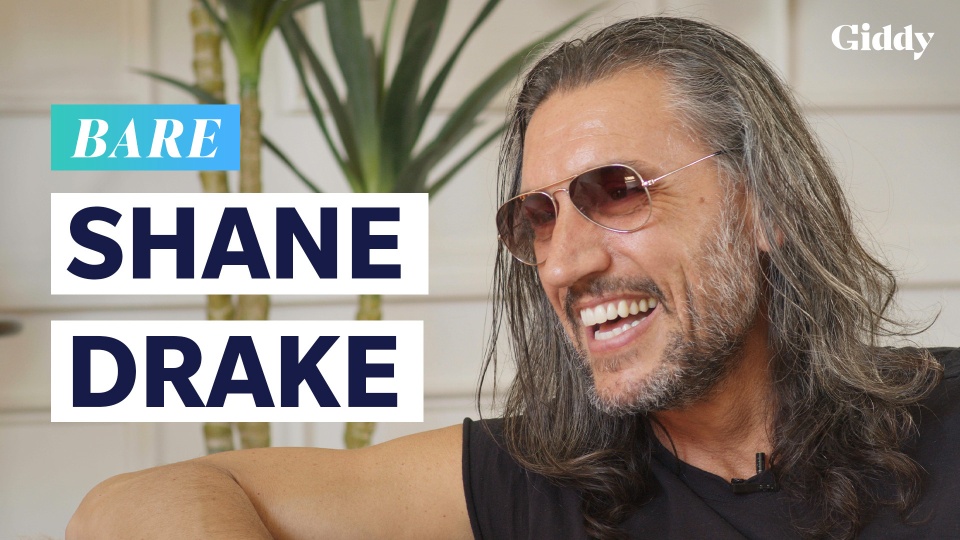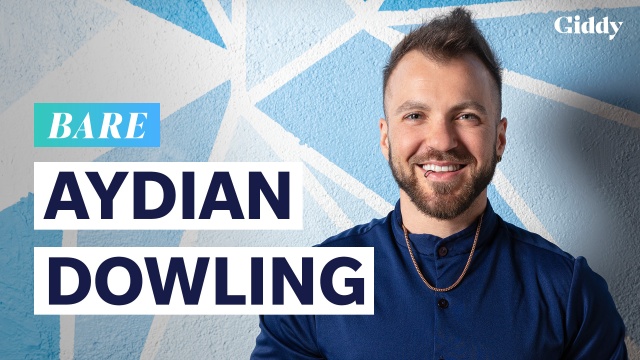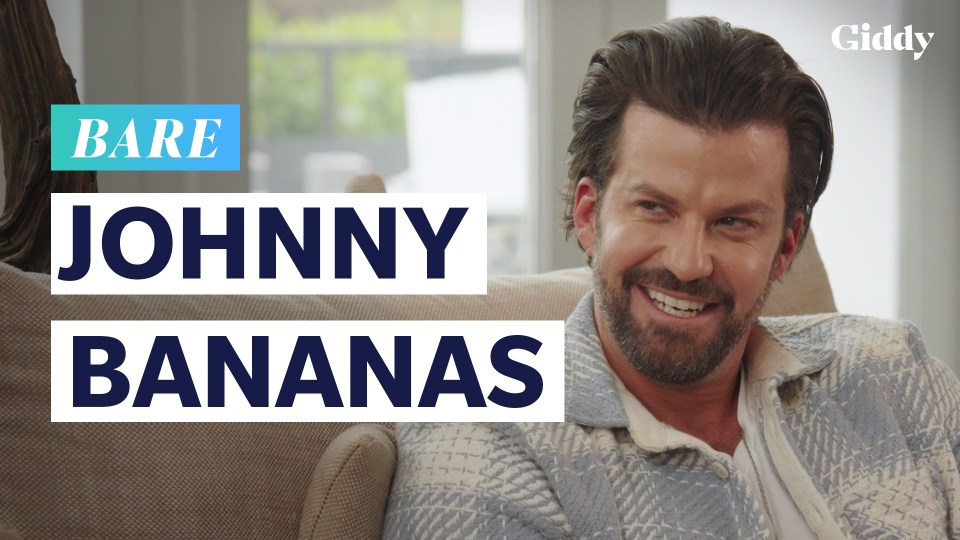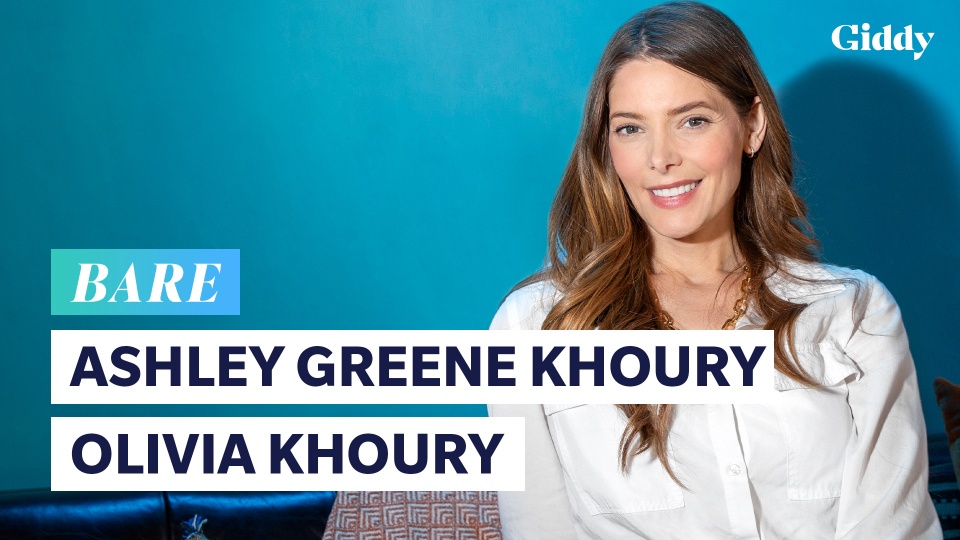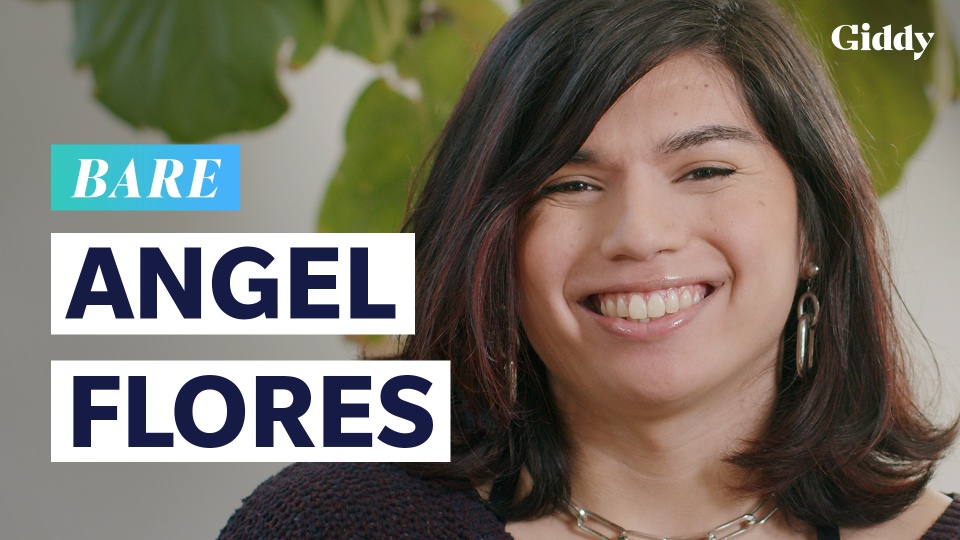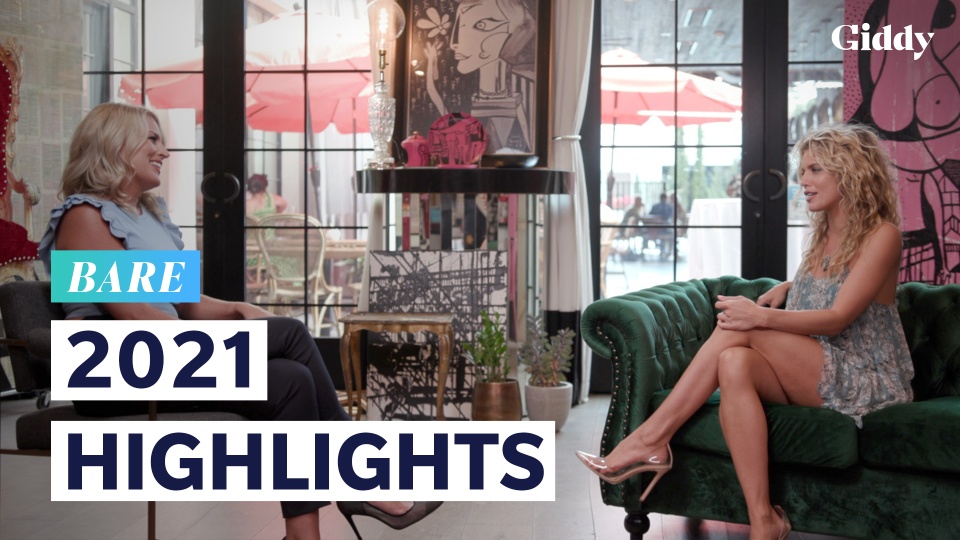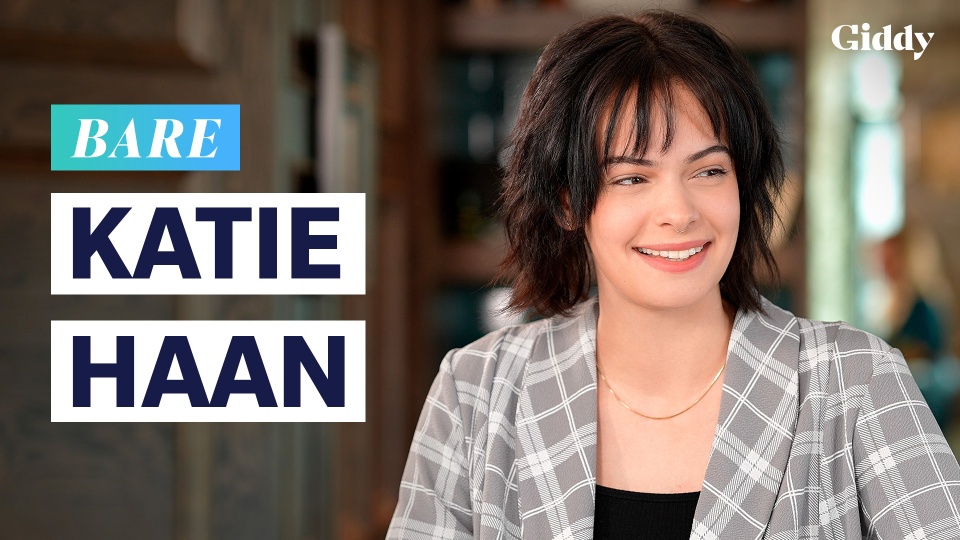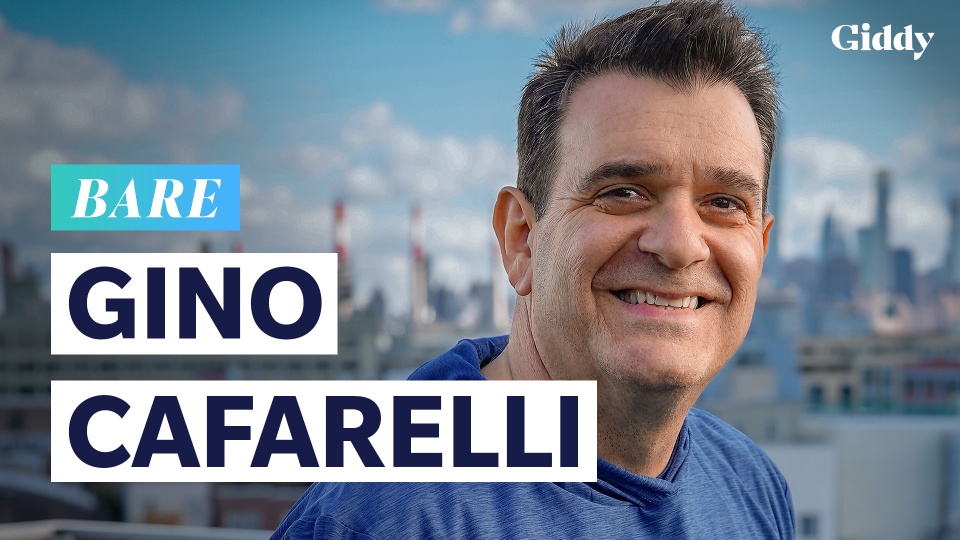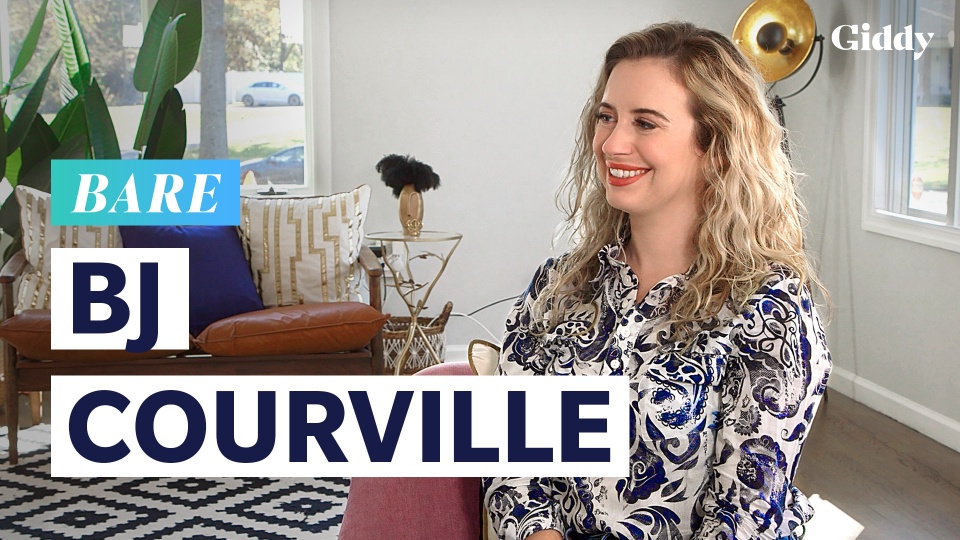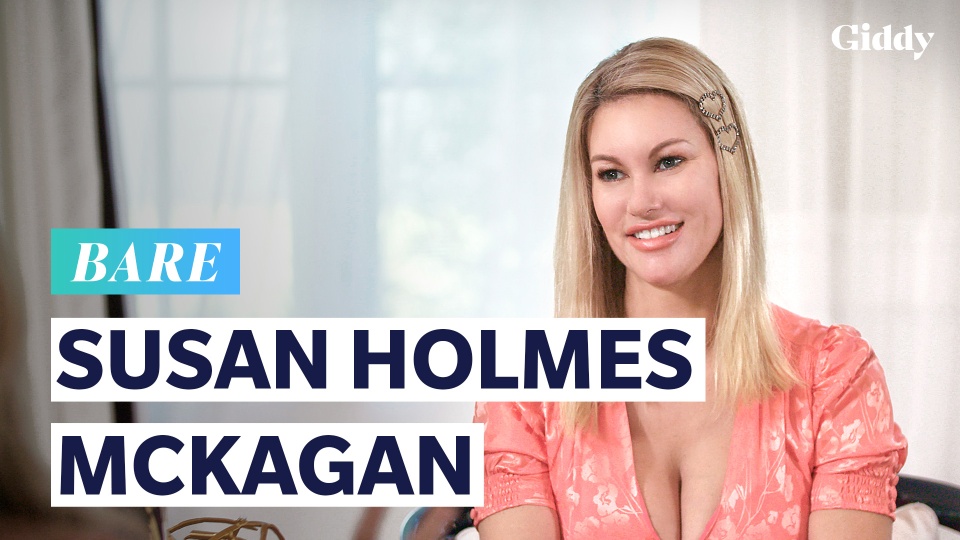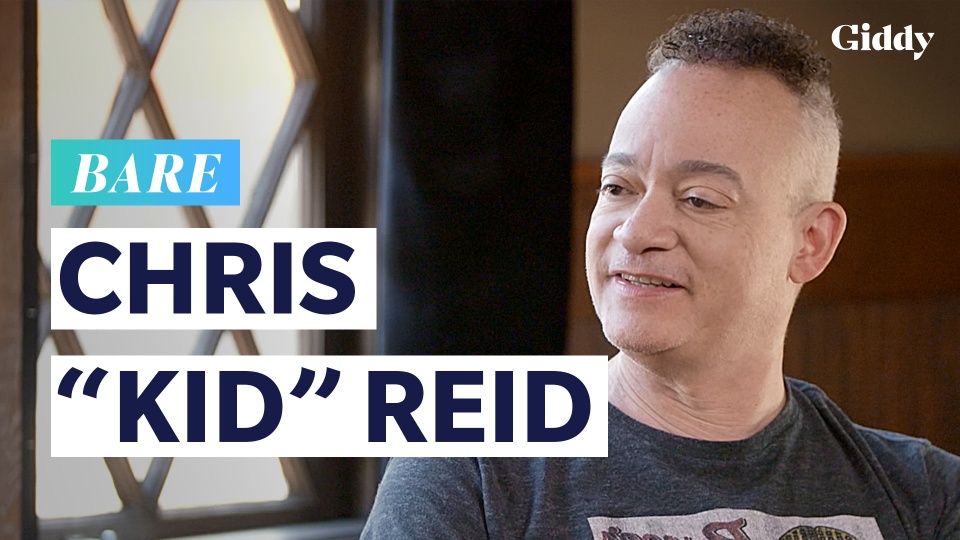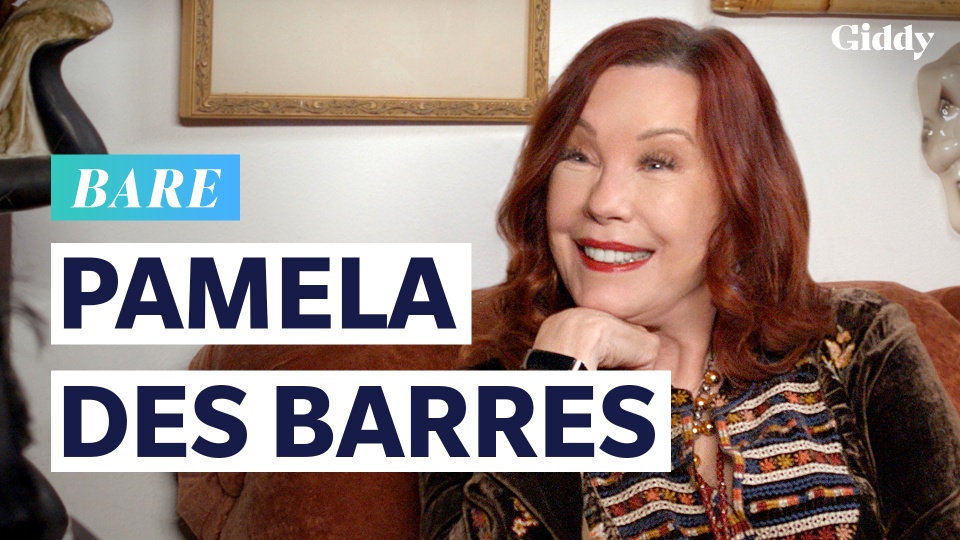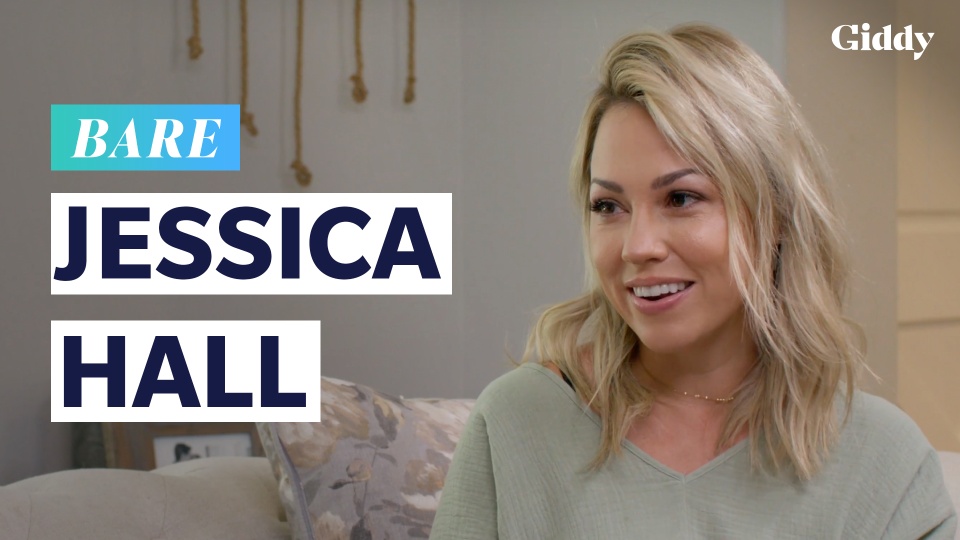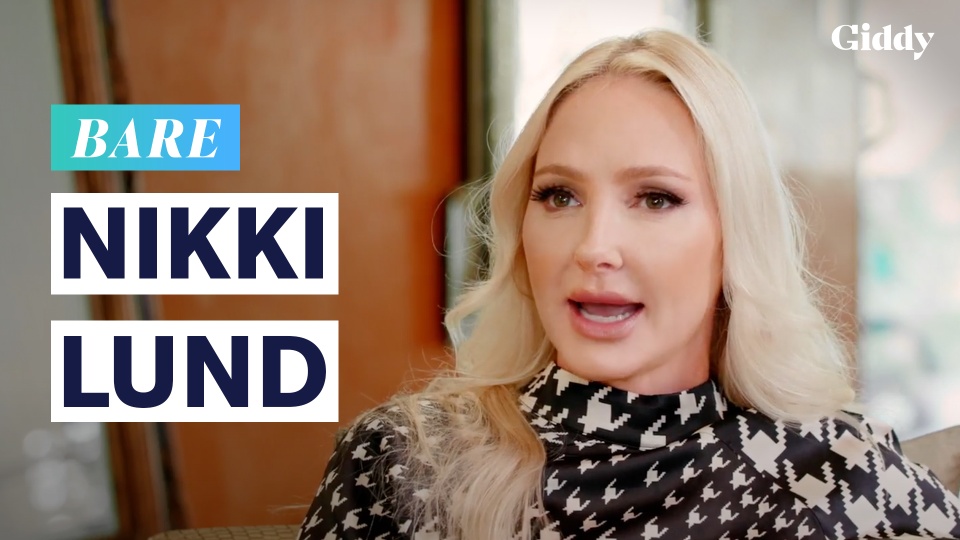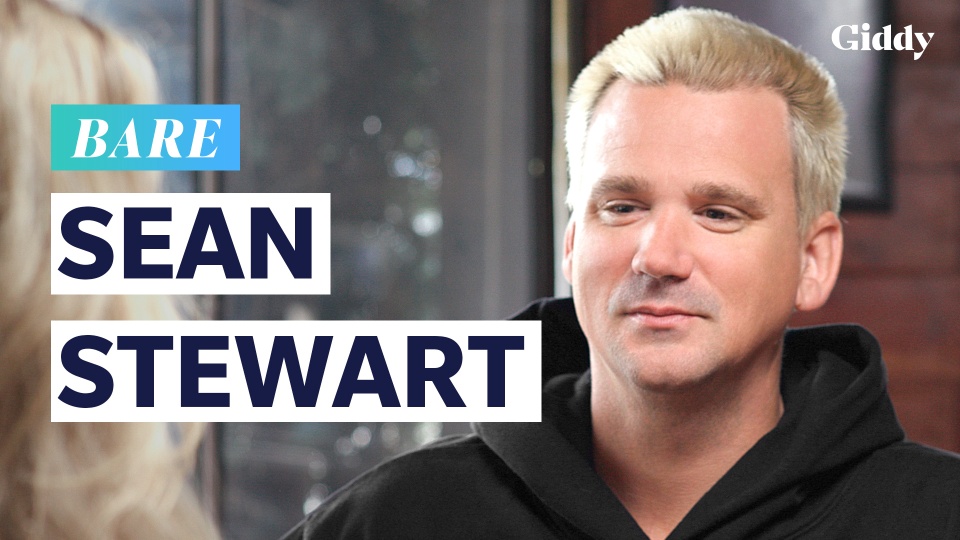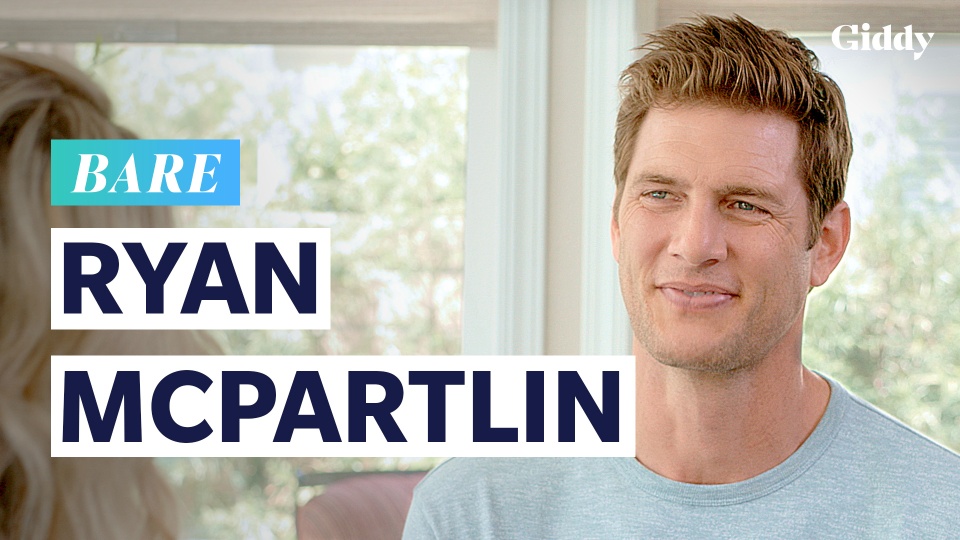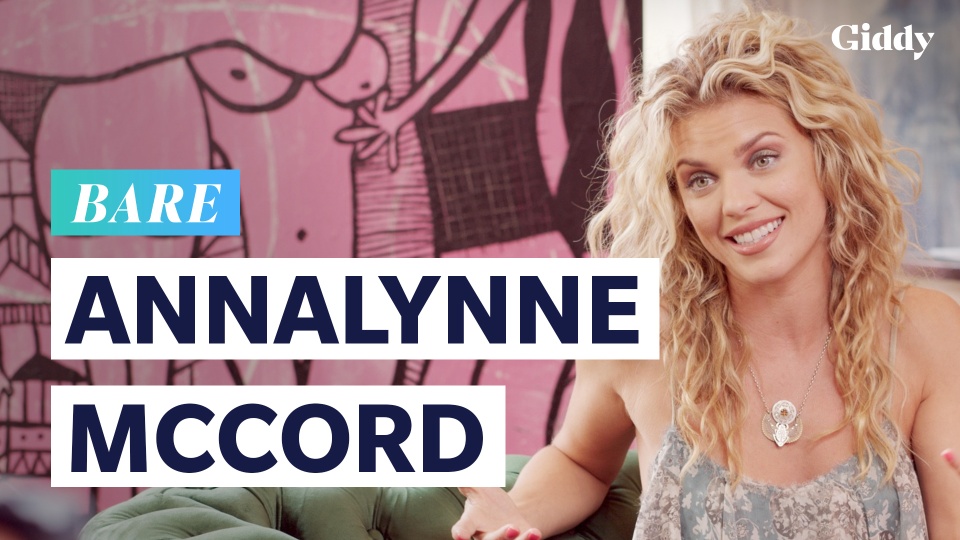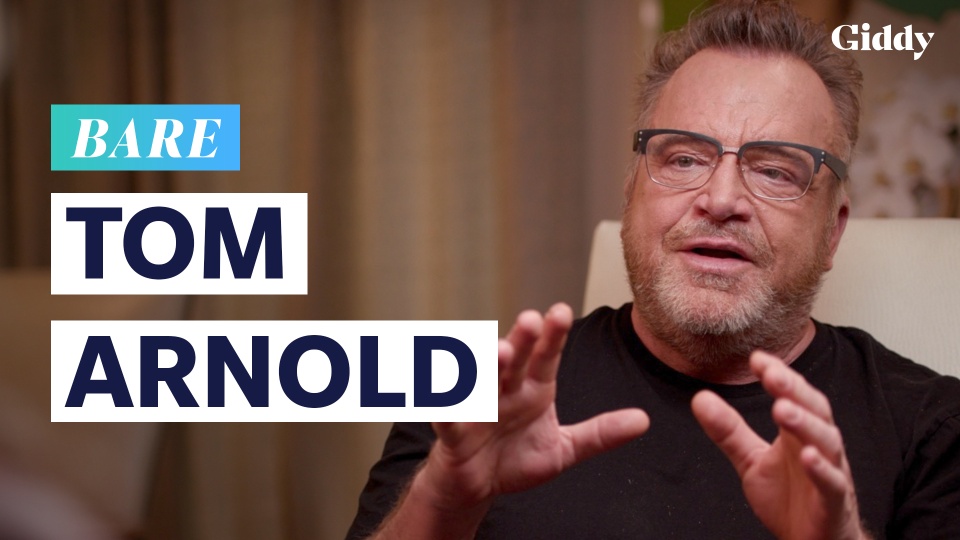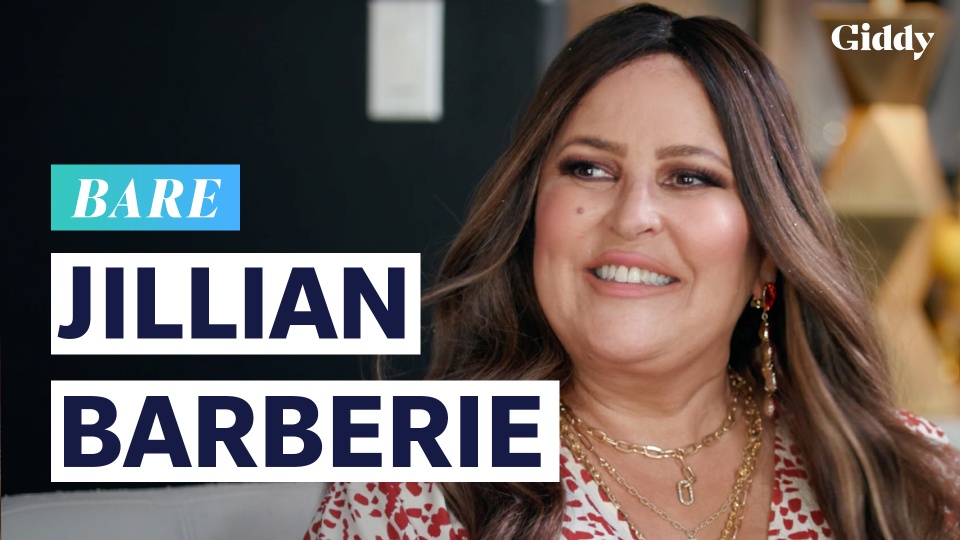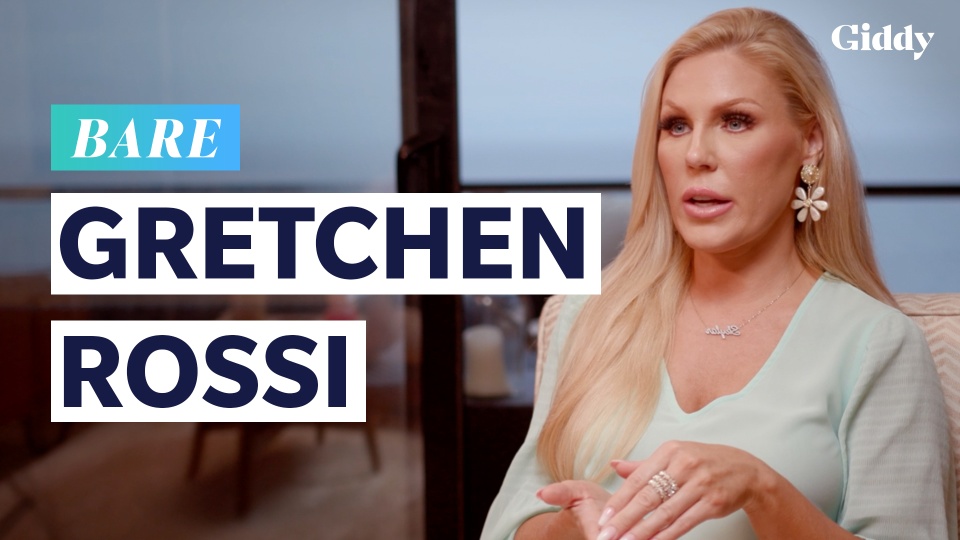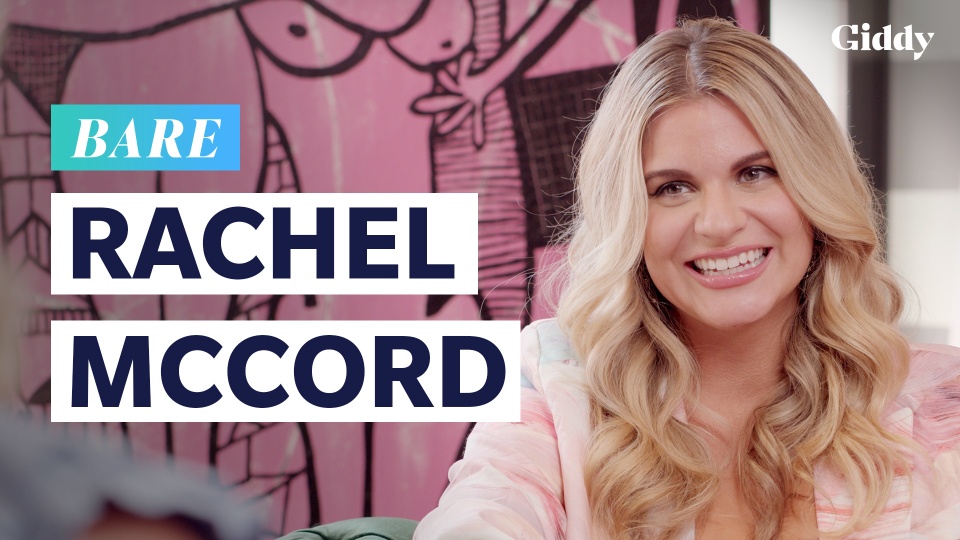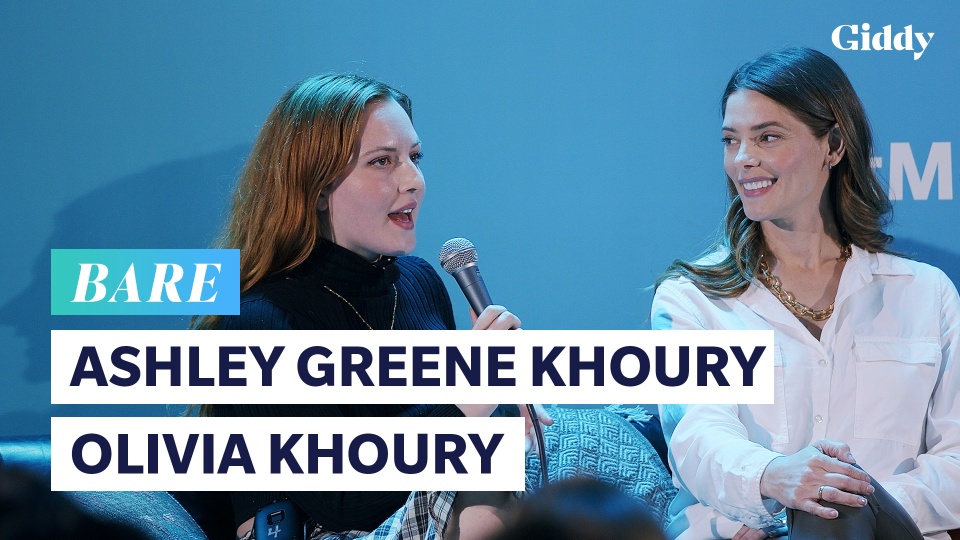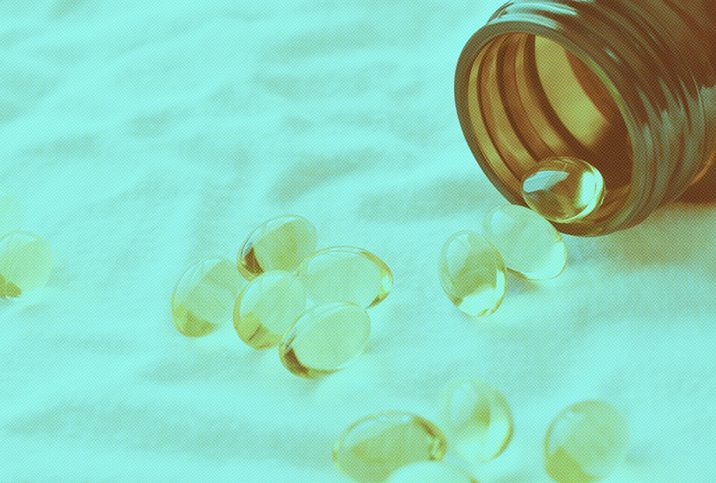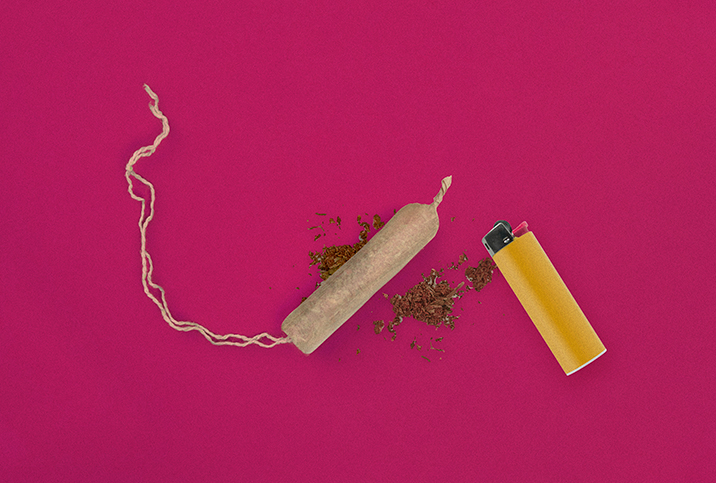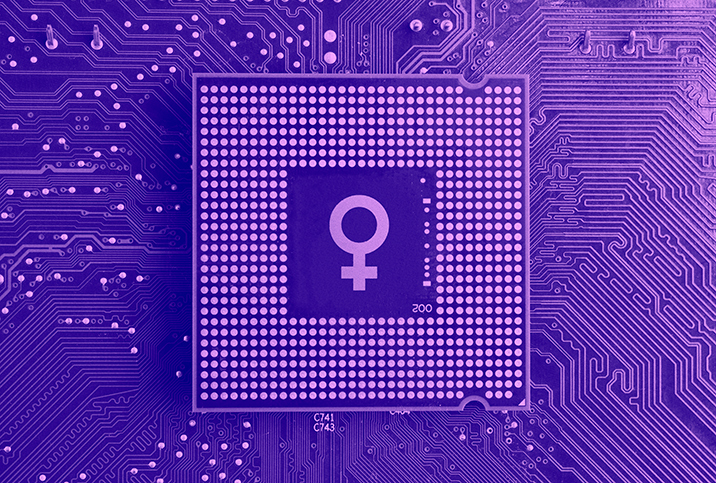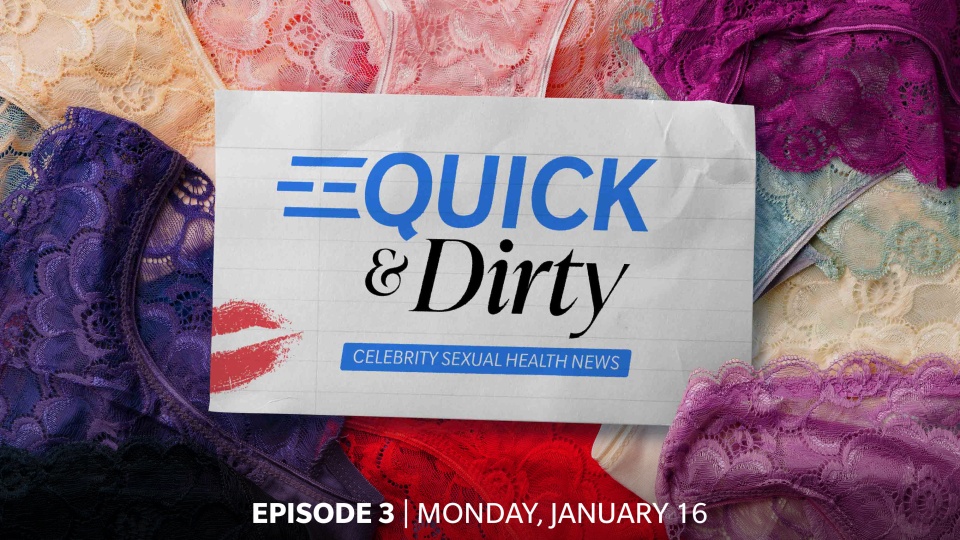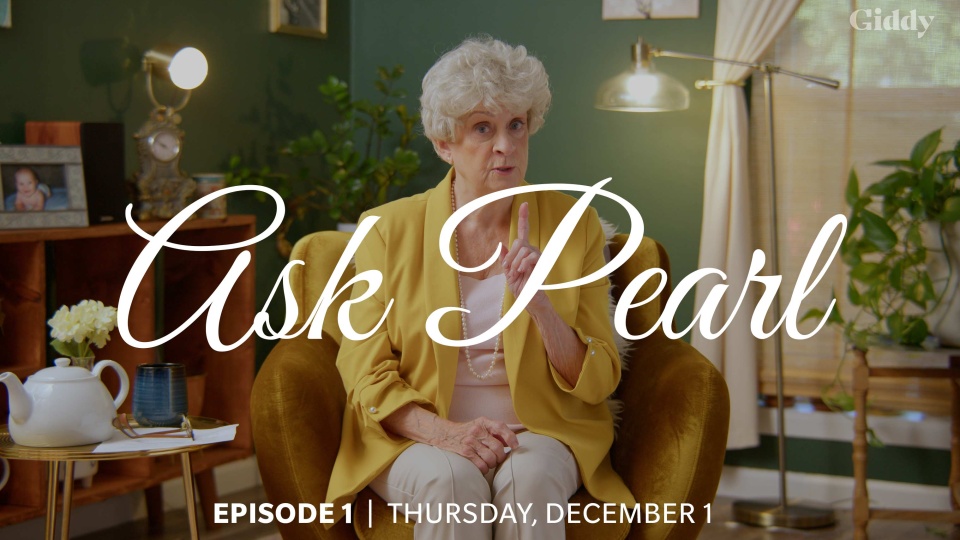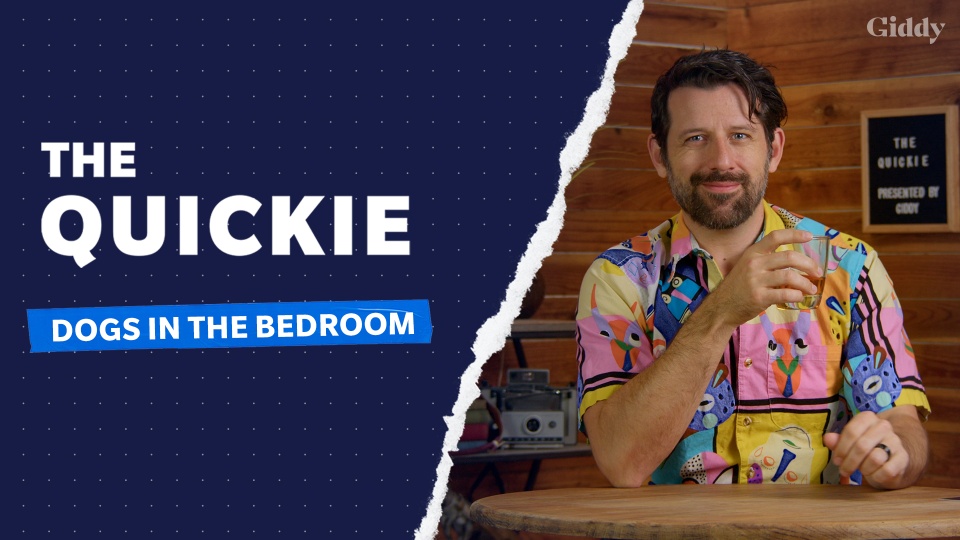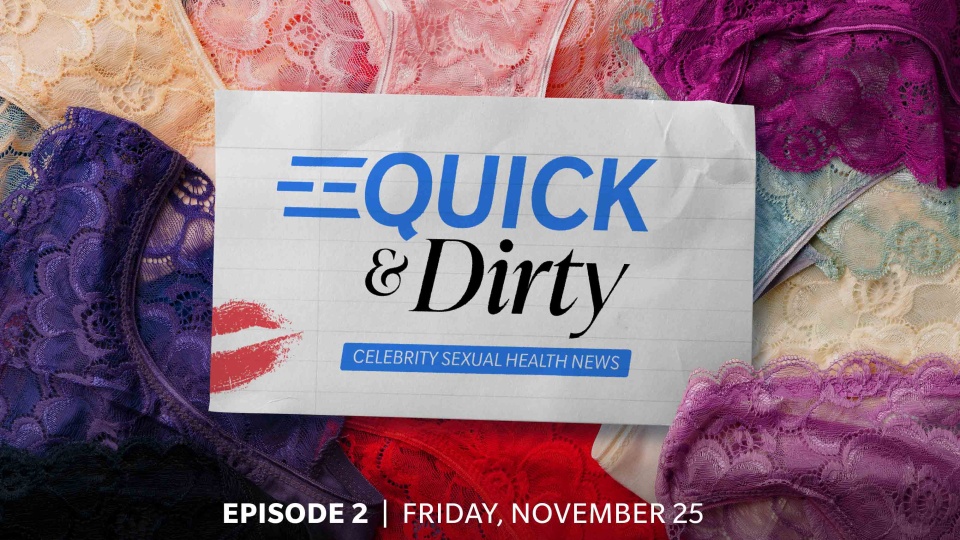Live during SXSW: Ashley Greene Khoury and Olivia Khoury discuss their solution to menstrual pain
Co-founders of Hummingway Ashley Greene Khoury and Olivia Khoury sat down with Giddy's Bri Jenkins and a live audience to discuss their experience creating products designed for those with menstrual problems.
More about this episode
A Conversation with Ashley Greene Khoury and Olivia Khoury
In this live interview with Giddy’s Bri Jenkins in Austin, Ashley Greene Khoury and Olivia Khoury open up about their experiences starting Hummingway, a product-based company designed to help women overcome reproductive issues. Their company was created to address a void where women were left out of research, leading to inadequate solutions for their unique issues. Instead of creating just another pill on the market, Hummingway designed the Cycle Soother, a transdermal patch that lasts for 24 hours. This patch — which is a mixture of only six nontoxic ingredients — is designed to begin working within 30 minutes of putting it on and has been shown to be effective in treating menstrual pain.
The entrepreneurs are aiming to expand into all facets of a woman’s lifespan — from fertility to PMS to menopause. These products, however, are not their end goal. They also have an education platform designed to destigmatize women’s sexual health and educate readers on alternate solutions that actually address the root cause of why their symptoms are popping up. At the end of the day, the duo said they just want to help every woman feel empowered, happy and healthy in their bodies.
Transcript
I think also to talk about as well: reproductive health is sexual health. How has that conversation changed for you? Have you had to be more courageous and face these awkward, difficult conversations with people?
Yeah, definitely. I think part of it is Olivia and I are in the trenches every day, day in, day out. We're asking people to be vulnerable with us and to share their stories, and so I think it's only fitting that we're very open.
It is at first terrifying and then very freeing and liberating because we represent half of the human beings on this planet. So what we go through is not something that should be shut down or shouldn't be talked about or should be taboo. Unfortunately, the way that I grew up and a lot of the systems are set up is you were told that you were going to have the curse of your period and basically you're going to try and hide it in whatever capacity possible and it's going to haunt you until you go into menopause. Like that's the way that it's set up, which is kind of ridiculous. I think there's a massive need for a restructuring of that so that people go, "Listen. You have the ability to create life and this is a wonderful thing and here's what it is and here are the tools to be able to understand it."
So I think opening that up from that very conversation is important, the same way that is that we kind of talk about sexual health. And I think it's all super repressed and we're certainly seeing movement in the right direction. But yeah that and I think also, you know, I'm mid-thirties now and I think I hit a point where I was just like, "What? This is ridiculous that I don't feel confident talking about this," but I think I'm much more secure in the person that I am now.
I'm still understanding and opening up about sexually who I am as a being. I think that's certainly something that I'm still working on because again, in the same way that I didn't talk about my period, I didn't really talk about what my wants were sexually and so I think it's all very connected.
Olivia, anything to add?
Period sex. Don't be scared of it, guys. It's great, and it helps with your cramps. A lot.
[Laughs] Perfect segue into how people are being more open about their sexual health. I think that's a great example of that taboo. Like you were just saying, "Hide your period. Don't let anyone near you when you're on it," and you're like, "No, have sex on your period."
In terms of products for Hummingway, how are they addressing menstrual discomfort? What did you notice was what was missing from the market when you all started out?
Definitely nontoxic solutions for our pain. Again, there's such a lack of research around the female-assigned body. Midol — this is a new fact I just learned — was originally a hiccup drug (like for hiccups) and then they added a few more chemicals and then re-branded it as a product for period pain. So there just really hasn't been any people really trying to target this something that we go through on a constant basis and we all suffer from it and period pain is not normal.
So that's why we created our product, which is the Cycle Soother, and it's a set of patches that are transdermal and last for 24 hours. Essentially you feel all of the ingredients go directly into your bloodstream, so you feel the relief within 30 minutes similar to a Midol, but it's nontoxic. There's only six ingredients and that's all you're getting, and it's helping a lot of people out there, which has been super incredible, and that was kind of our mission.
It's just our first product of many. I just felt like pain was the first thing we wanted to tackle. Mood is our next one. So stay tuned.
What about you, Ashley?
Yeah, me and Olivia started with menstrual discomfort and pain because it's the stage of life that we're in now. We thought it would be very bizarre for us to jump off with menopause or something, but we get asked about it often.
What we're doing now is tackling ways to mitigate your symptoms and rebalance your body throughout every phase of your menstrual cycle. So you go through follicular phase, ovulation, luteal phase, and your actual period or bleed. And if you focus on balancing yourself throughout the phases before your bleed, you're much more likely to have lesser symptoms. And so we want to create something that is much more like a lifestyle for people in the same way that you care for your skin, in the same way that you take your supplements, you really should pay attention to your menstrual health because it is now listed as the fifth vital sign. So it's something that is extremely important.
But we do have plans to expand into every every facet of a woman's reproductive life. So we'll go into fertility, we'll go into menopause, and then also we have an educational platform to go alongside it that is extremely important to us because we we're looking at creating a product, but at the end of the day, if we wanted to look at the root cause of our issues, the root cause is a lack of education. How are we supposed to fix anything if we don't know what's going on? So those are kind of the two prongs of our company.
With building this company, have you had any sort of negative and positive reception? Going into this market that's been around for so long, learning that Midol was for hiccups, which is hilarious to me. But yeah, like facing the stigma of like, do we need this? And you know, if we think in a two-gendered society, women make up half the population — we know there's more than two genders, but I'm going to let it go for right now.
But thinking about that like how has it been talking to retailers and investors of like this is needed and not just because of and specifically because of the market itself?
Yeah, because period pain and also ovulation pain is a real thing because it happens to so many of us. When we launched a product, one that actually works, people are definitely skeptical. They're like, "No way you can make this pain that I experience so often go away." But it does help a lot of people.
CBD is the main ingredient in our product, and obviously there's CBD all over the place right now and it's definitely, you know, a big item, a buzzword. But actually there's more science behind how it actually helps inhibit the excess production of prostaglandins. Prostaglandins are a hormone-like compound that cause contractions when there's an excess of them. That's what's causing those contractions. When there's an excess of prostaglandins, that's the root cause of our pain. So our patch, once again, is trying to focus on the root cause of why we're experiencing these pains.
So, there is science behind it, but it is a new product. It is very innovative, it's not just a drug that you can take, which we're all used to taking. So we just have to have a lot of education behind it as well because if people are going to make those lifestyle choices into more functional holistic medicine, they need the education behind it as well.
So, you know, it's a slow process, but I think that people try it and they feel a lot better in their bodies.
I think one of the best things too — that I discovered in doing research before this talk — is the accessibility of your product too, like you can wear it if you can't swallow pills. You don't have to do that. It's you know, you're looking at sustainable ingredients, there are only X amount of gradients in it.
How did that help in the process of planning? Was that something you always had in mind with making sure that people were able to know what's in it and able to, one, actually afford it? I think that's also a big conversation to have, like the affordability of it — but yeah, just talking about the access of the product itself.
Yeah, so we went through 24 different iterations of this product formula. So, it was very important to us that the efficacy was there and really important to us that we only put in what really needed to be in there. I think so many times we've seen companies kind of come up, jump on the bandwagon or jump on like a buzzword ingredient and say, "This is great, it will fix your pain," or "It will fix your mood swings," and it doesn't work because they don't put the proper amount of ingredient in there to actually work, and we were dead against being another one of those companies. The whole reason that we're here is to actually help people, and so that part of it was extremely important to us.






